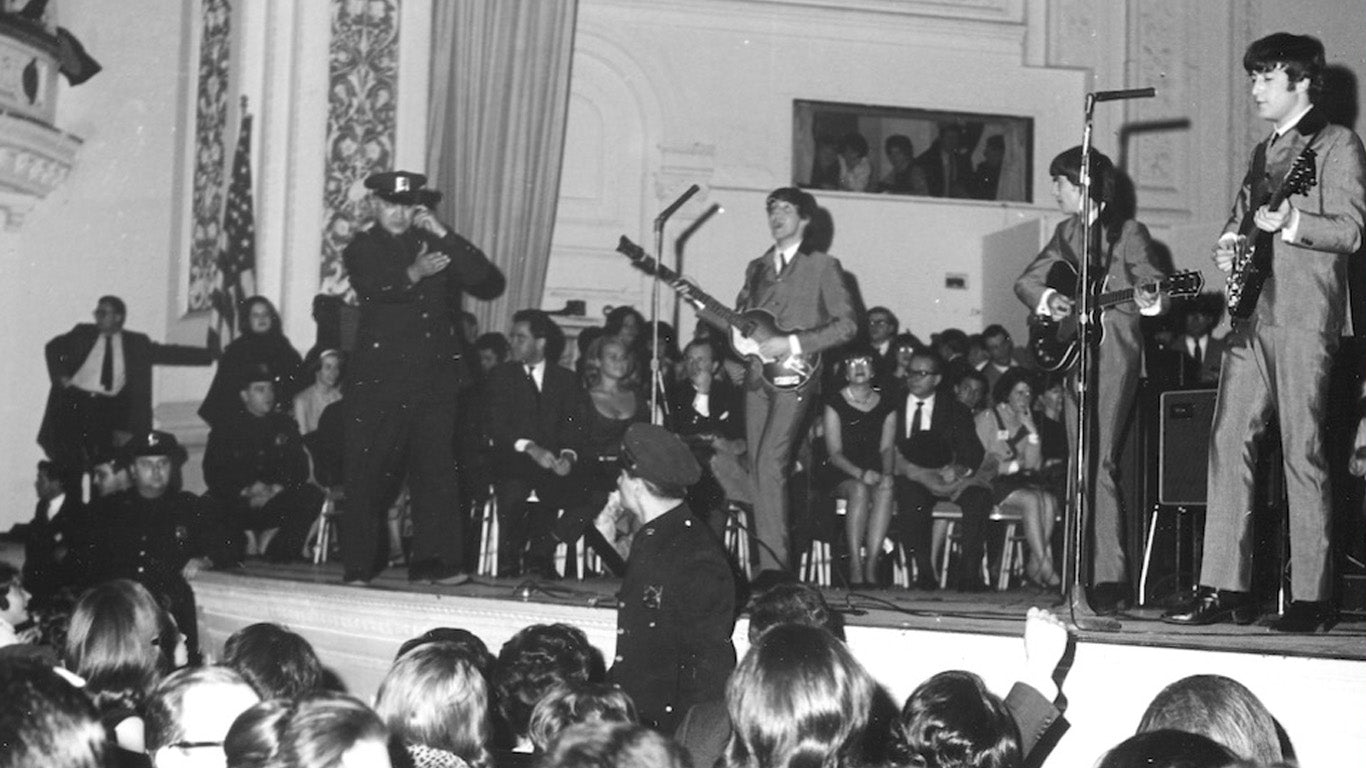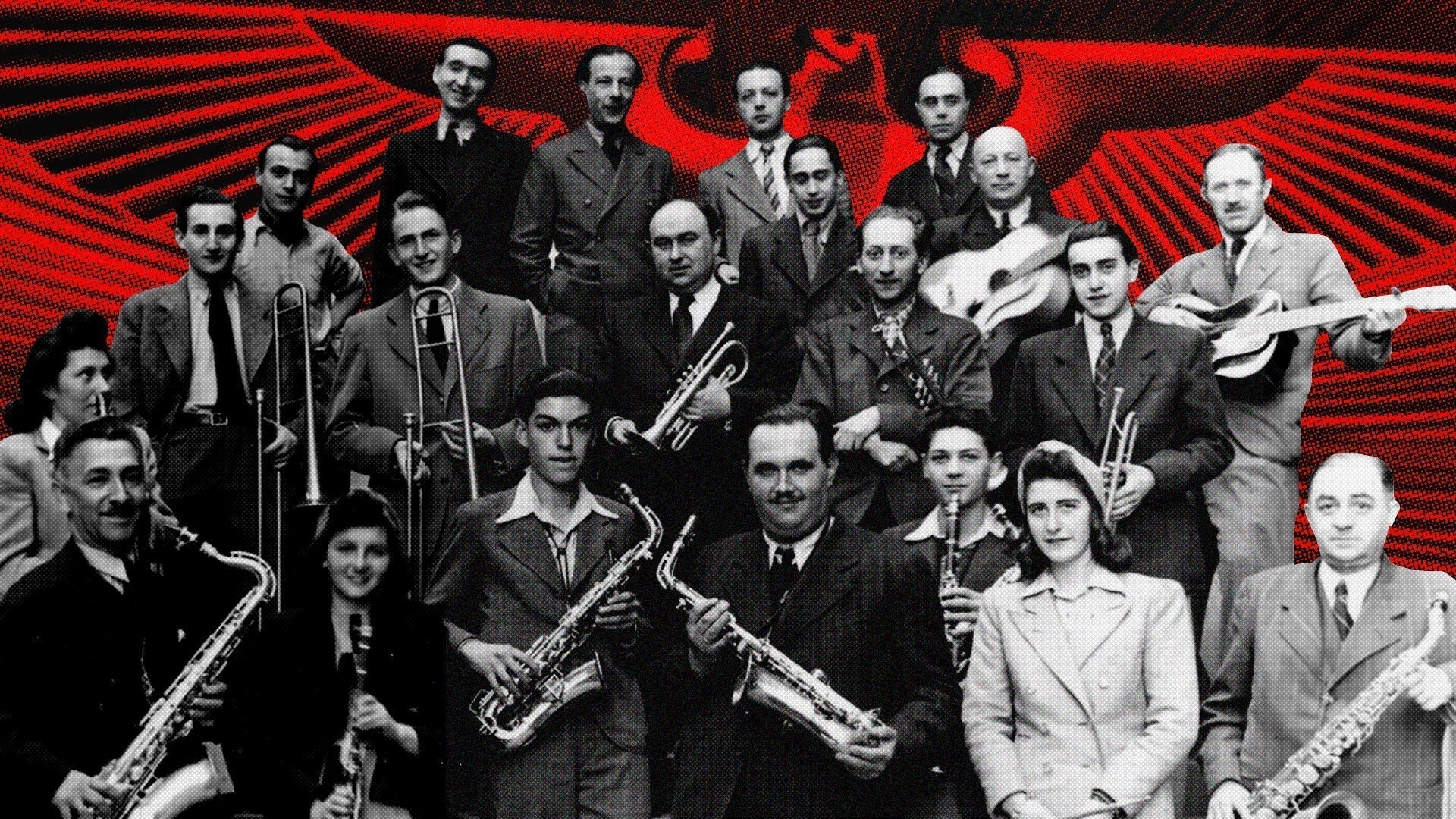Why is the Carnegie Hall So Special?

Violinist Yehudi Menuhin once said "Carnegie Hall is a building built more by music than by man."
Carnegie Hall's origins trace back to steel magnate Andrew Carnegie and his wife, Louise, a member of the Oratorio Society of New York. While on a honeymoon cruise to Scotland in 1887, Louise and Walter Damrosch, conductor of the Symphony Society of New York and the Oratorio Society, asked Carnegie to create a new music venue in New York City.
Carnegie entrusted architect and cellist William Burnet Tuthill, despite his lack of experience in building concert halls.
On May 5, 1891, Carnegie Hall debuted with a concert featuring Russian composer Pyotr Ilych Tchaikovsky.
Since then, the hall has hosted music legends from various genres, including classical, jazz, and popular music.
Tuthill's design prioritized optimal sound distribution, eliminating heavy curtains, frescoed walls, and chandeliers. Instead, he focused on creating a smooth interior, an elliptical shape, and a domed ceiling to ensure clarity and richness of music for every seat.
Carnegie Hall attracted musical virtuosos, including pianists Sergei Rachmaninoff, Vladimir Horowitz, and Van Cliburn, violinists Jascha Heifetz, Isaac Stern, and Itzhak Perlman, cellists Pablo Casals and Yo-Yo Ma, and singers Enrico Caruso, Marian Anderson, Maria Callas, and Luciano Pavarotti.
In the late 1950s, the hall faced demolition but was saved by violinist Isaac Stern and civic leaders. In 1960, the City of New York purchased it, launching a campaign for restoration and preservation, designating it as a National Historic Landmark.

Today, Carnegie Hall stands as a symbol of music's enduring power, inspiring musicians and enthusiasts alike.
In 1956, sitar maestro Pandit Ravi Shankar became one of the first Indian musicians to perform at Carnegie Hall, paving the way for esteemed Indian artists like Zakir Hussain, Lata Mangeshkar, Asha Bhosle, and Shivkumar Sharma to grace its stage.
Carnegie Hall is a special place where amazing music has been played for a long time. It's a place that will always be important for musicians and music lovers.
Today, Carnegie Hall stands as a symbol of music's enduring power, inspiring musicians and enthusiasts alike.
Read more : Woodstock's 1969 Announcements






Comments